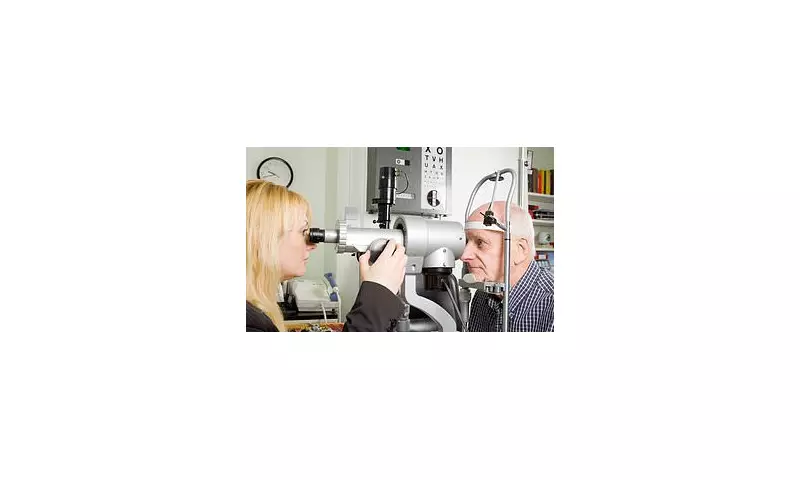
An urgent patient safety alert has been issued by the NHS, revealing that thousands of Britons prescribed a common medication are at significant risk of permanent vision loss and serious lung complications.
The warning concerns hydroxychloroquine, a drug widely used to treat autoimmune conditions such as rheumatoid arthritis and lupus. Despite its therapeutic benefits, a critical review has uncovered widespread failures in monitoring patients for devastating side effects.
A Silent Threat to Sight
Medical experts estimate that a staggering 3,500 to 7,000 patients in the UK are currently at an elevated risk of irreversible retinopathy—a condition that can lead to partial or complete blindness. The danger lies in the drug's potential to cause cumulative, undetectable damage to the retina over time.
"The tragedy is that this damage is preventable with proper monitoring, yet the systems have failed these patients," stated a senior ophthalmologist familiar with the review.
The Hidden Lung Danger
Beyond the threat to vision, the alert highlights a previously under-recognised risk of life-threatening lung disease. The medication can trigger inflammatory lung conditions, including fibrosis, which can be fatal if not caught early.
This pulmonary side effect adds a new layer of urgency to the crisis, demanding a dual-focused approach to patient monitoring.
Systemic Failures and The Path Forward
The Healthcare Safety Investigation Branch (HSIB) investigation pinpointed several critical failures:
- Inconsistent Monitoring: A postcode lottery exists for the regular eye screenings essential for early detection of retinopathy.
- Lack of Patient Awareness: Many patients are unaware of the specific risks associated with their long-term medication.
- Communication Gaps: Breakdowns in information sharing between GPs, rheumatologists, and ophthalmologists mean warning signs are often missed.
In response, the NHS has issued new national guidance mandating stricter protocols. This includes ensuring every patient starting the drug undergoes a baseline eye exam and receives annual screenings after five years of use.
Patients currently taking hydroxychloroquine are urged not to stop their medication abruptly but to contact their GP or specialist to discuss their monitoring plan and any concerns they may have about their sight or respiratory health.





